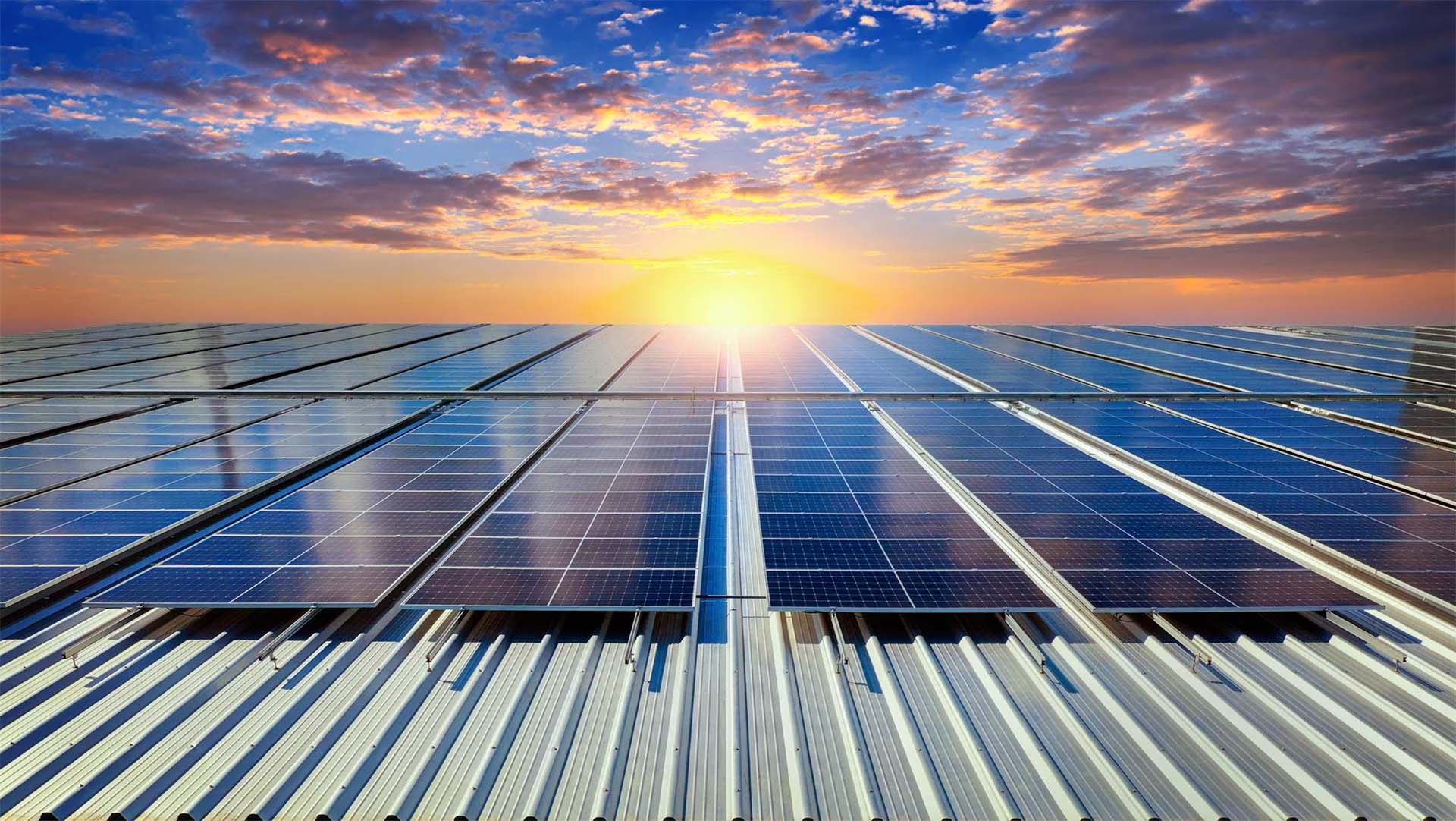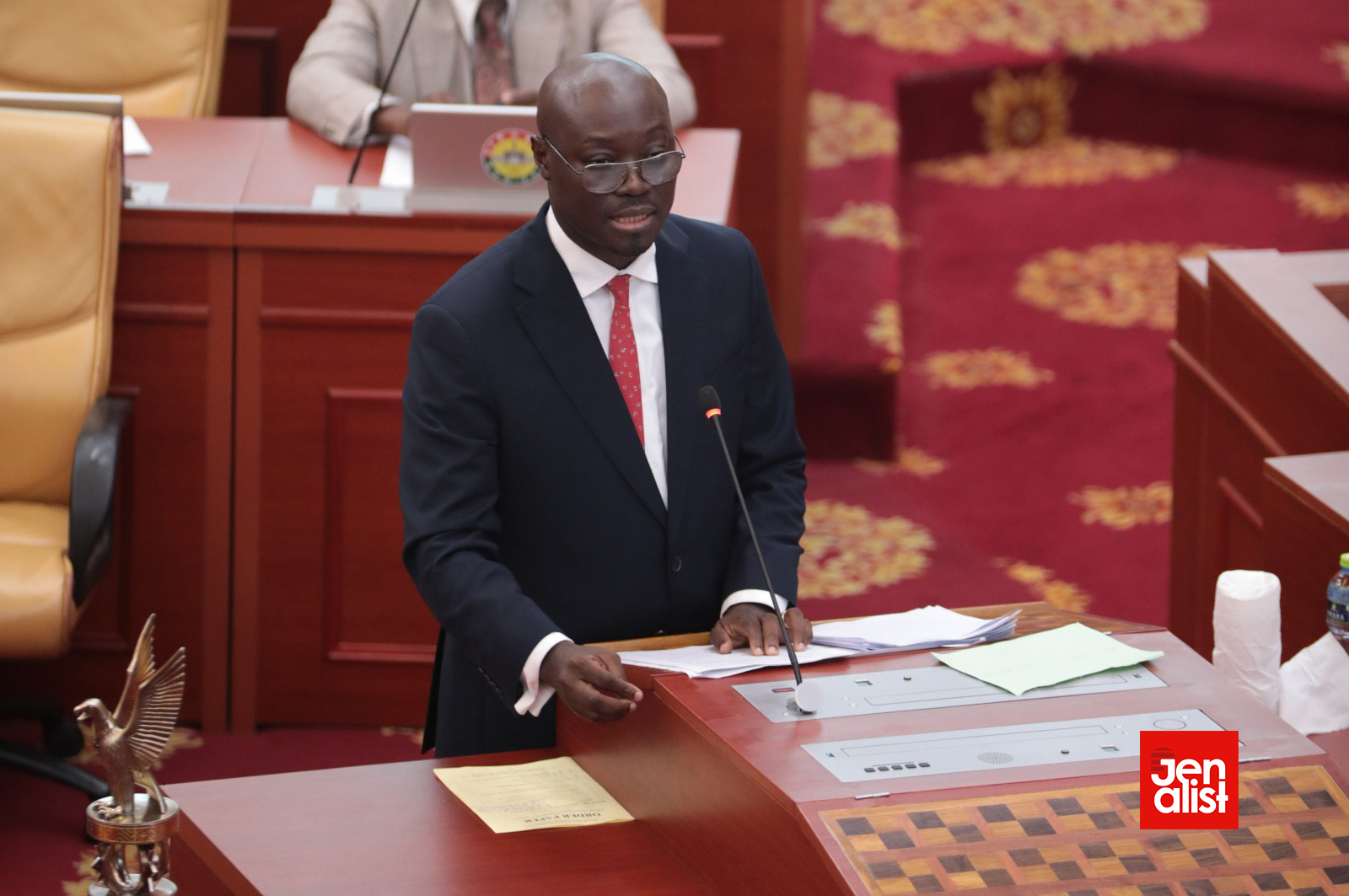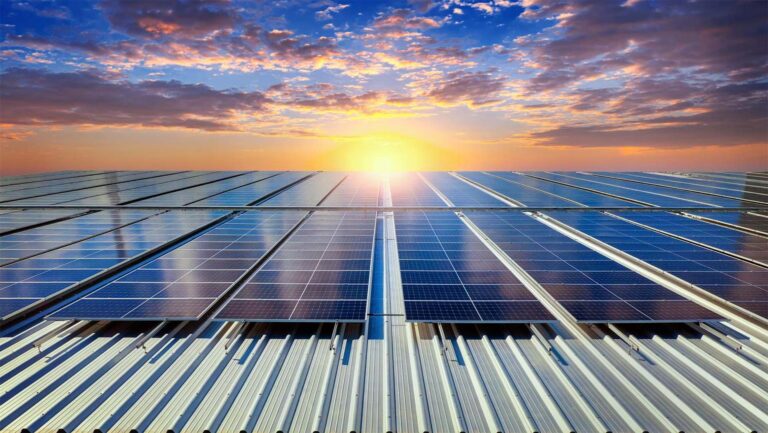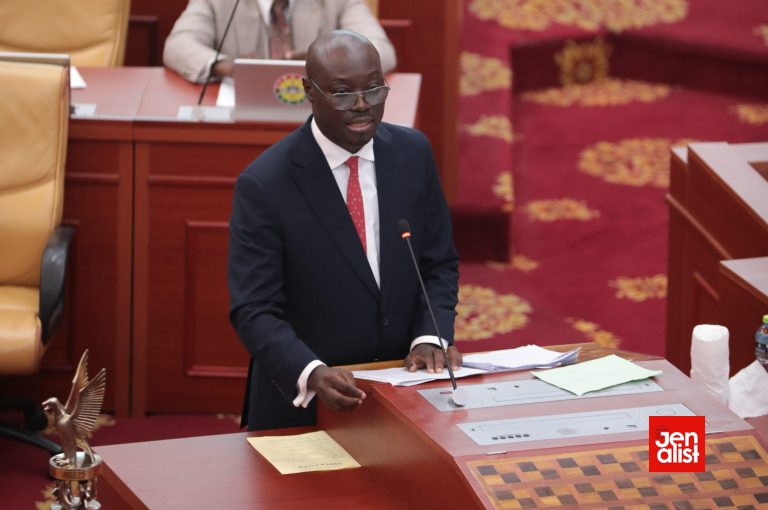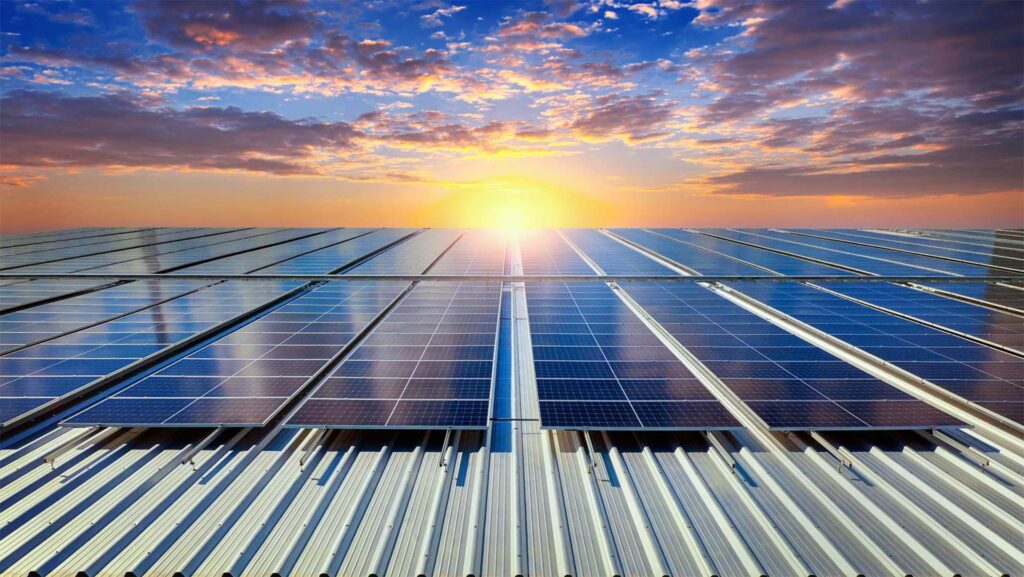Ghana has officially launched the National Clean Energy Programme (NCEP) — a landmark $200 million initiative aimed at accelerating the country’s transition to renewable energy through the widespread adoption of rooftop solar photovoltaic (PV) systems.
Jointly implemented by the Ministry of Energy and Green Transition (MoEnGT), the Environmental Protection Agency (EPA), and Switzerland’s KliK Foundation, the NCEP marks Ghana’s first clean energy project under Article 6 of the Paris Agreement.
Expanding Solar Energy Access Across Ghana
Under the NCEP, approximately 4,000 rooftop solar installations with a total capacity of 137 megawatts (MW) will be developed for homes, small businesses, and industries across the country. The programme is designed to reduce carbon emissions, enhance energy security, and promote local participation in the growing renewable energy sector.
Driving Ghana’s Low-Carbon and Sustainable Future
Speaking at the launch, Mr. John Abdulai Jinapor, Minister of Energy and Green Transition, emphasized that clean energy development is central to Ghana’s long-term vision of building a sustainable, low-carbon economy.
“Clean energy development remains central to Ghana’s strategy to achieve sustainable growth, reduce emissions, and create new jobs,” — Mr. Jinapor said.
He highlighted that Ghana’s National Energy Transition Framework outlines a roadmap toward achieving net-zero emissions by 2070, with a goal of integrating 10% renewable energy into the national energy mix by 2030.
Ghana’s Nationally Determined Contributions (NDCs) commit to cutting about 64 million tonnes of carbon dioxide equivalent (MtCO₂e) by 2030 — and the National Clean Energy Programme (NCEP) is expected to make a significant contribution toward meeting this target.
The minister also announced plans to establish a Renewable Energy Investment and Green Transition Fund to support mini-grids, solar home systems, and other clean energy projects, particularly in island and lakeside communities.
Strengthening Local Capacity and Climate Action
Mr. Felix Addo-Okyireh, Director and Head of the Climate Change and Ozone Department at the EPA, described the
National Clean Energy Programme (NCEP) as a milestone in Ghana’s climate action efforts, saying the project will deliver verified emission reductions vital to achieving NDC targets.
He added that the solar installations would diversify Ghana’s energy mix while serving as practical training platforms for universities and technical institutions — helping to build local expertise in solar technology and maintenance.
Deepening International Cooperation in Clean Energy
Ms. Simone Giger, Swiss Ambassador to Ghana, Benin, and Togo, commended Ghana’s strong progress in expanding electricity access to nearly 90% of citizens. However, she noted that 64% of power generation still relies on fossil fuels, underscoring the urgency of transitioning to cleaner, more sustainable energy sources.
“The NCEP reflects deepening cooperation between Ghana and Switzerland in advancing clean and sustainable energy solutions,” Ms. Giger said.
She added that the programme would stimulate local entrepreneurship, create green jobs, and support renewable energy adoption, contributing to both Ghana’s and global climate goals.
A Model for Africa’s Clean Energy Future
The National Clean Energy Programme (NCEP) is expected to deliver verified emission reductions, strengthen Ghana’s energy security, and serve as a model for international climate cooperation in Africa.


